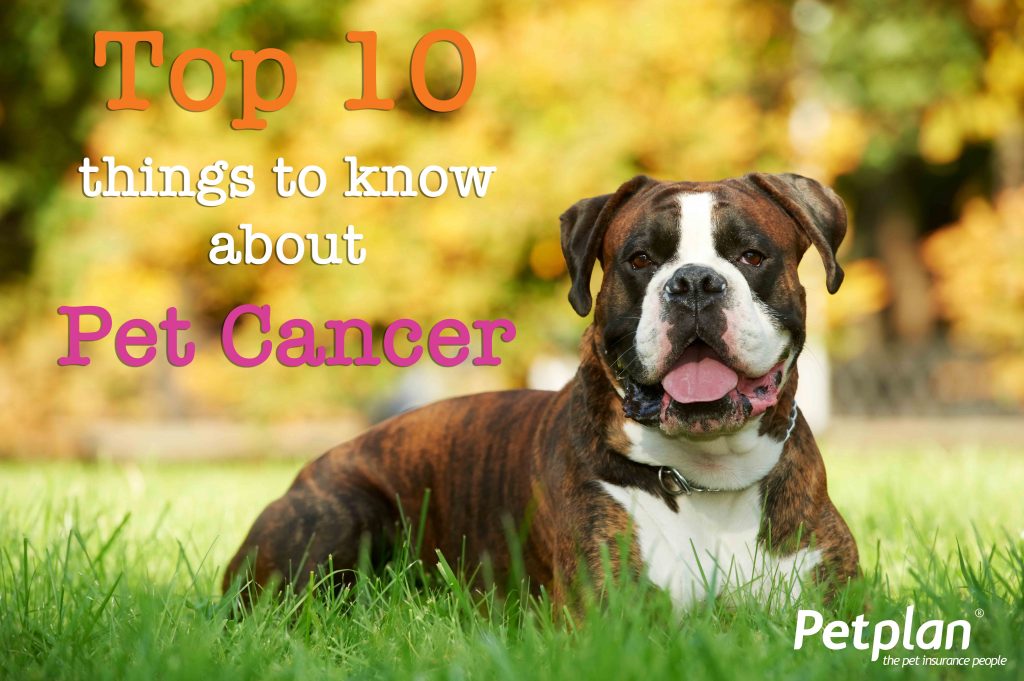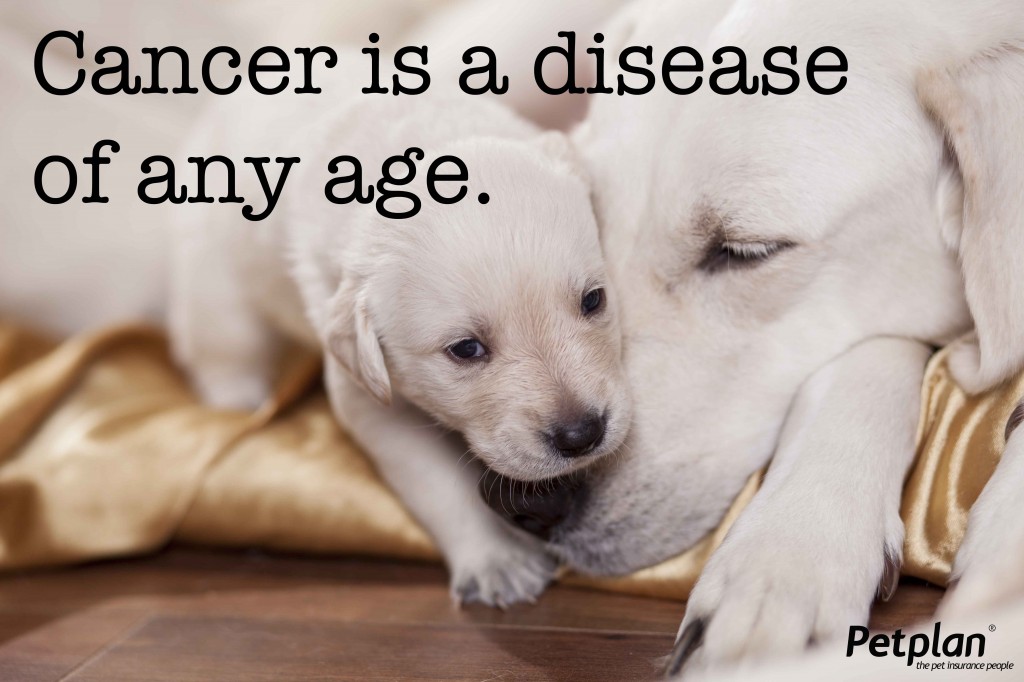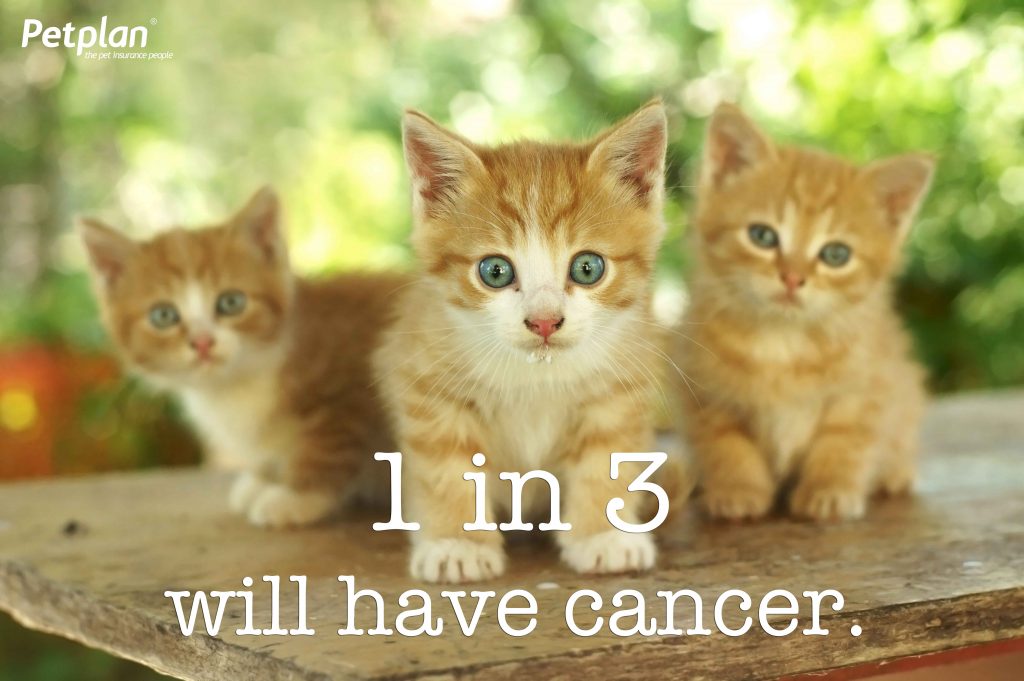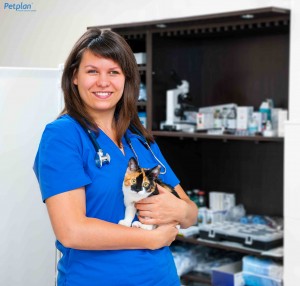
1. Cancer is not one disease
The word cancer (meaning ???crab??? to describe how it reaches out into the tissues it grows in) describes an abnormal growth with the capacity to grow and kill. Cancers that grow (in different people or animals) from the same cell type in the body tend to behave in a similar way so they are grouped together. Within those groups research can show smaller groups again. This grouping allows us to much more accurately predict how any one cancer will behave, and how best to treat it.
2. Cancer is not infectious
Well, usually not. There is 1 type in the dog, 1 in the Tassie Devil and another (apparently) in the Syrian Hamster, plus VERY rare one-off examples in people. There are viruses that can cause cancer (quite commonly in people and cats, less so in dogs) but in general a cancer itself cannot be passed to another animal.
3. Cancer does not need a cause
Cancer has been described in people for many thousands of years (the earliest recorded cancer in people was breast cancer). It occurs in almost every species of animal (including the shark!). Your pets health (and your own) is bound to be better with a good balanced diet and plenty of exercise. But assuming your pet lays off the grog and doesn???t smoke, his or her cancer was not your fault. Smoke settling on a cats fur might be a concern. Heavy constant inhaling of paints and solvents also. But for the average pet with a loving family, it just happens.

4. Cancer is a disease of any age
Cancer can begin before an animal (human included) is even born. It is a complex process and the body has many tools to STOP us from getting cancer. So for most, it takes years of very unlucky mistakes to all line up before any one cell will become a cancer. Middle age is when it becomes most frequent.
5. Cancer is common
One in 3. No more to say.

6. Cancer needs a proper diagnosis
How certain do you need to be? All vets use intuition and experience to help owners work through a concern but don???t confuse a physical exam in the consult room with accuracy. Sending a piece of tissue from the tumour to a specialist pathologist will get an accurate answer 9 times out of 10 (no, NOT 10 out 10!). A quick needle sample may be as low as 5 out of 10. Don???t even ask about just eye-balling the patient!
7. Chemotherapy means ANY medication used to treat cancer
That???s right ??? chemo is anything we???ve ever found to help treat cancer patients. It comprises multiple different types of drugs ??? many are natural compounds (for example, from plants). What makes a natural product chemotherapy and not alternative therapy? Simple ??? proof of benefit and knowledge of risks. (???Alternative??? is really just a way of saying ???unproven???).

8. Cancer treatment is specific for the type of cancer AND the patient
Surgery is of no benefit for most dogs with lymphoma. Chemotherapy is of no benefit for most dogs and cats with liver cancer. Radiation therapy is of no benefit for pancreas cancer. Chemotherapy with vincristine cures dogs with transmissible venereal tumour but is of no use for bone cancer. The point is, we know what works best for each type of cancer. From there, we work out what is best for the patient depending on their health, quality of life and other factors. No such thing as ???one size fits all???!
9. Chemotherapy by an oncologist most often is free of side effects
I???m not counting hair loss, and I???m not counting things I see on a blood test that the patient doesn???t notice. I???m just meaning that the majority of treatments that veterinary oncologists administer do not result in a sick pet.
10. There are animal specialists across the country
Becoming a veterinary specialist is similar to the process in human medicine. Internships are NOT compulsory in veterinary medicine (there are very few on offer as they are fully funded by the practice) but are a common way to start the process. This follows to a residency where the vet works directly under a specialist for years, AND is independently assessed by a team of specialists during and after their training. That doesn???t make you a specialist, but it does allow you apply (to an independent group again) to be one. The point is, it???s not a self-appointed title and it means you are being looked after by someone who has devoted their career to that field of study.
Get these facts in a colourful infographic. Click here!
This article was written by Dr Ken Wyatt, BSc BVMS FANZCVS, Registered Specialist in Veterinary Oncology with Perth Veterinary Oncology, Perth Veterinary Specialists.??This blog was published in collaboration with Dr. Ken Wyatt, by the furry family at Petplan Australasia. Petplan Pet Insurance specialises in animal and animal industry insurance. Our practices keep the role that pet insurance plays in responsible pet ownership and the health of the pet at the forefront. For tips to keep your pet healthy, make sure you follow us on Facebook.




